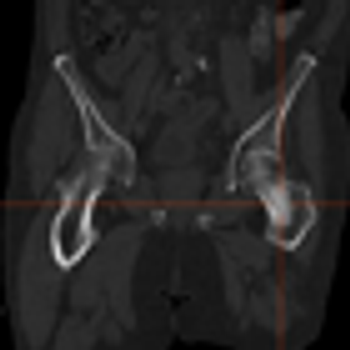
Radium-223 dichloride (Xofigo) received FDA approval for the treatment of symptomatic metastatic castration-resistant prostate cancer that has metastasized to the bone but no other organs.

Your AI-Trained Oncology Knowledge Connection!


Radium-223 dichloride (Xofigo) received FDA approval for the treatment of symptomatic metastatic castration-resistant prostate cancer that has metastasized to the bone but no other organs.

A study found that robotic partial nephrectomy to remove kidney cancer tumors resulted in better outcomes, but also had significantly higher hospital charges. The data were presented at the annual meeting of the American Urological Association.
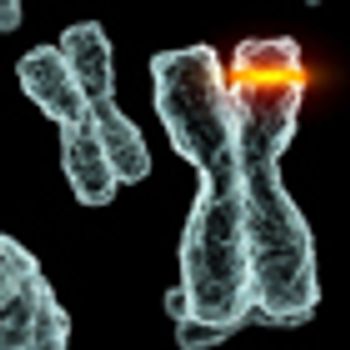
A study confirmed that PIK3CA mutations negatively affect survival in patients with HER2-positive breast cancer treated with the anti-HER2 therapy trastuzumab.
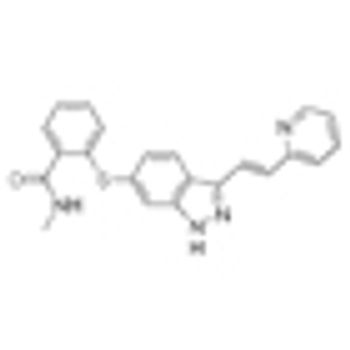
Adding the VEGF inhibitor axitinib to first-line treatment of FOLFOX-6 for metastatic colorectal cancer failed to improve progression-free and overall survival.
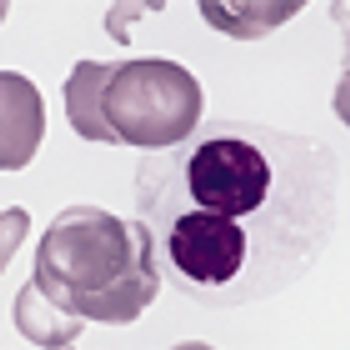
Multiple myeloma patients are at increased risk of developing myelodysplastic syndrome or acute leukemia after maintenance lenalidomide or thalidomide treatment, according to a new study.
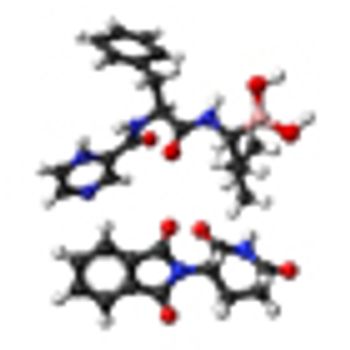
A majority of patients with multiple myeloma are being treated with novel agents such as thalidomide, bortezomib, and lenalidomide within a year of diagnosis instead of the chemotherapeutic regimens that were more prevalent a decade ago, according to a new study.

Women diagnosed with endometrial cancer at age 50 or younger had a fourfold increased risk for a subsequent colorectal cancer diagnosis, according to a historical cohort study published recently in the Journal of Clinical Oncology.
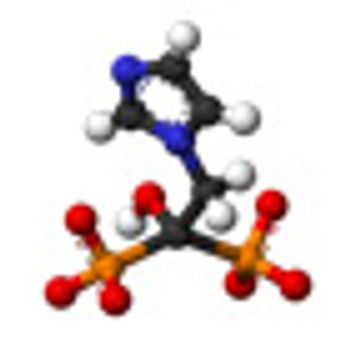
The use of zoledronic acid (Zometa) had no effect on the prevention of bone metastases in patients with high-risk prostate cancer, according to the first results of the Zometa European Study, or ZEUS, presented at the European Association of Urology 28th Annual Congress in Milan, Italy.
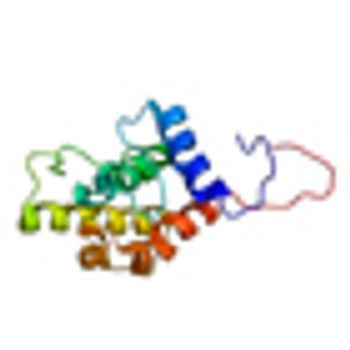
A new immunoassay that tests for the presence of nicotinamide N-methyltransferase (NNMT), L-plastin (LCP1), and nonmetastatic cells 1 protein (NM23A) may be an effective method for the early detection of malignant kidney cancer.

Even those renal cell carcinomas (RCCs) that are smaller than 4 cm may put patients at risk for aggressive cancer, according to a new study presented at the 28th Annual European Association of Urology Congress in Milan, Italy.
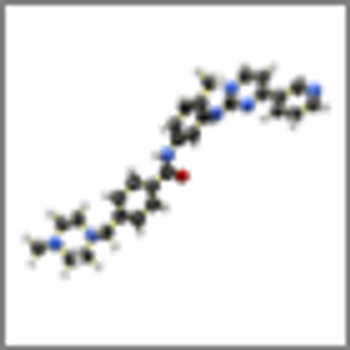
A majority of patients on imatinib for treatment of GIST or CML had low or absent levels of osteocalcin, a bone marker secreted by osteoblasts, and about 50% of patients had a decrease in bone mineral density, signaling that long-term treatment may affect bone health in these patients.

The use of estrogen plus progestin in postmenopausal women has once again been linked to an increased risk for breast cancer, according to the results from a Women’s Health Initiative observational cohort study, especially among women who initiated hormone therapy closer to menopause.

Limited surgical resection of duodenal gastrointestinal stromal tumors resulted in positive outcomes for both local and systemic disease-free survival, according to the results of a small study.
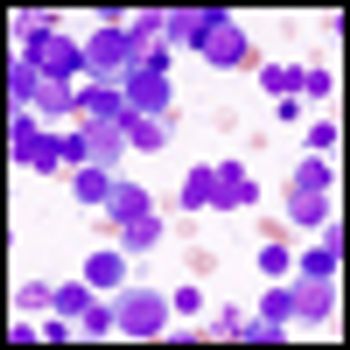
African American men with multiple myeloma had a significantly lower frequency of IgH translocations, a signal of nonhyperdiploid multiple myeloma, compared with European American men, according to the results of a new study published in Blood.

Acetaminophen and nonaspirin nonsteroidal anti-inflammatory drugs were associated with a 28% increased risk of developing kidney cancer, according to the results of a recently published meta-analysis.

The FTO gene, which prior research has shown is strongly associated with obesity and body mass index (BMI), contains variants associated with an increased risk for malignant melanoma, according to the results of a genome-wide association study conducted by the GenoMEL consortium.

High levels of physical activity were linked with a 22% decreased risk for renal cancer, according to a meta-analysis that looked at results from 19 studies that quantified the relationship with physical activity and renal cancer.
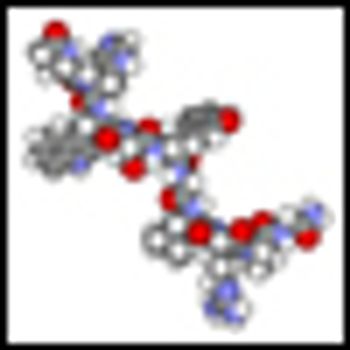
Men being treated for their prostate cancer with a gonadotropin-releasing hormone had a significantly increased risk for biliary disease compared with men who underwent no treatment, according to the results of a large, population-based study.
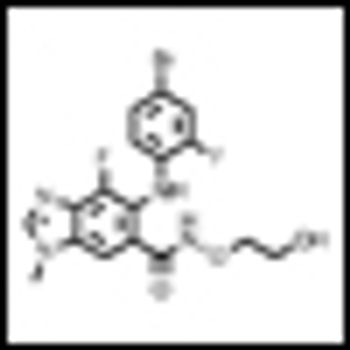
The MEK inhibitor MEK162 is the first agent to show some activity in patients with NRAS- and BRAF-mutated advanced melanoma, according to the conclusions of a phase II study, evaluating the drug’s safety and efficacy.

Colorectal cancer patients testing positive for Lynch Syndrome on MSI and IHC were most likely to seek genetic counseling when contacted by a genetic counselor.

In a trial of 64 patients, neoadjuvant chemotherapy with methotrexate, doxorubicin, vinblastine, and cisplatin (MVAC) had promising results in the treatment of muscle-invasive bladder cancer.

A trial comparing axitinib to sorafenib as first-line therapy for metastatic renal cell carcinoma showed a statistically significant improvement in progression-free survival for the drug; however, the difference failed to meet the phase III trial’s prespecified significance level of 0.025.

The use of presurgical characteristics to assign the clinical stage of a patient with bladder cancer was found to be highly inaccurate with a clinical/pathological stage discrepancy rate of 47.8% found in a large sample of patients taken from the National Cancer Data Base between 1998 and 2009.
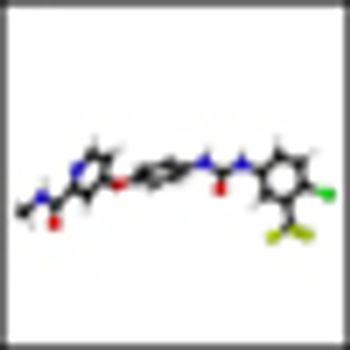
Results from a retrospective analysis indicate that the use of the antiangiogenic, VEGF inhibitor sorafenib for the treatment of advanced renal cell carcinoma was well tolerated in patients aged 65 years or older.

The use of adjuvant radiotherapy in patients with pT3 prostate cancer subsequent to radical prostatectomy is safe, according to 10-year follow-up results presented at the 2013 Genitourinary Cancers Symposium.

In two phase III studies-READY and VENICE-targeted agents combined with standard first-line chemotherapy failed to increase overall survival for men with metastatic castration-resistant prostate cancer.
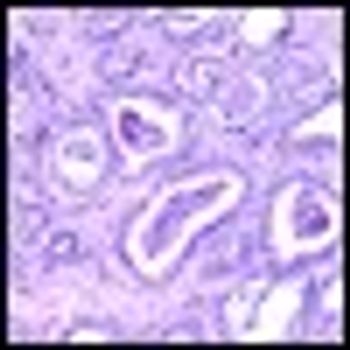
Physicians treating men with high-risk prostate cancer can safely reduce the duration of androgen blockade given in combination with pelvic radiation from 36 months to 18 months without compromising outcomes, including survival.

New data suggest that surveillance of patients with small kidney tumors may be a safe alternative to surgery, especially in older patients or those with comorbid conditions.

Preclinical analyses have indicated that microRNA-18b may have a role as a tumor suppressor, has the potential to be a biomarker for melanoma, and its overexpression may be a novel therapeutic strategy for the treatment of melanoma.

The overall diagnostic accuracy of smart phone applications designed to help nonclinicians identify malignant skin lesions was highly variable, with three of four of the applications wrongly classifying 30% of melanomas.